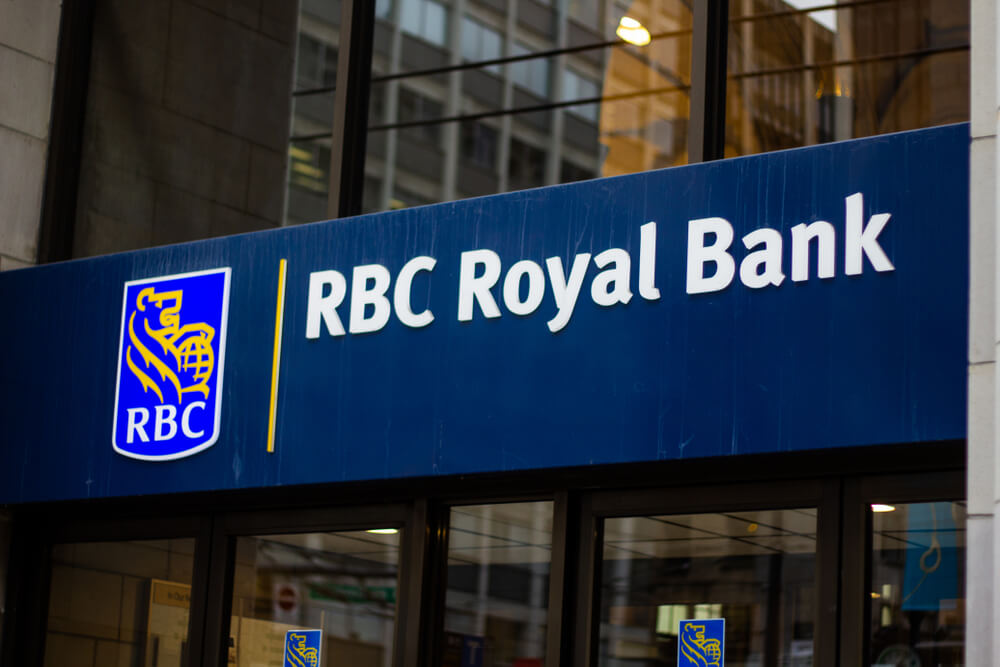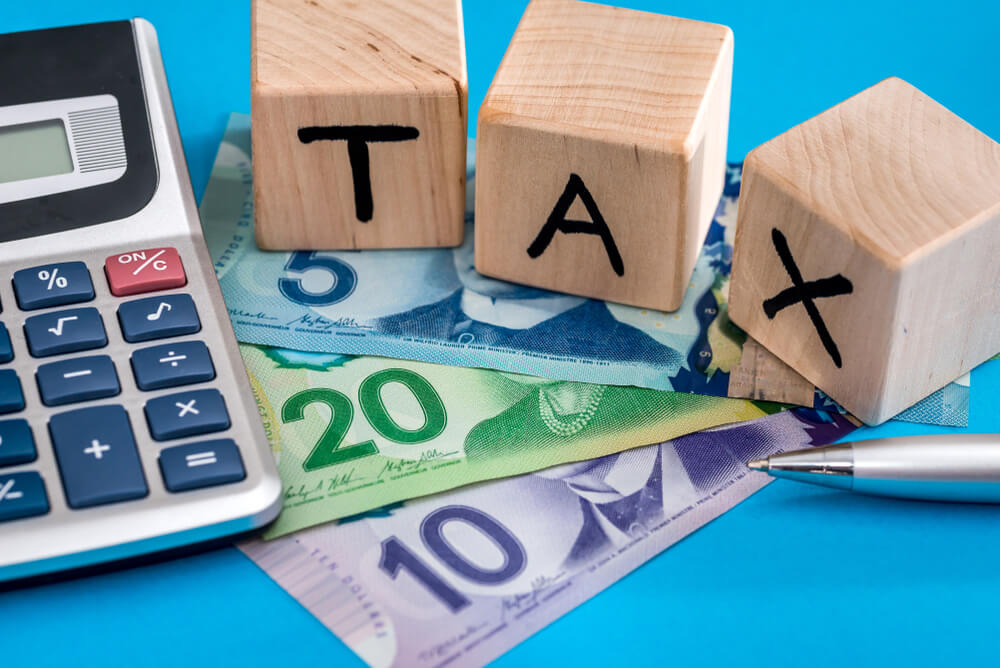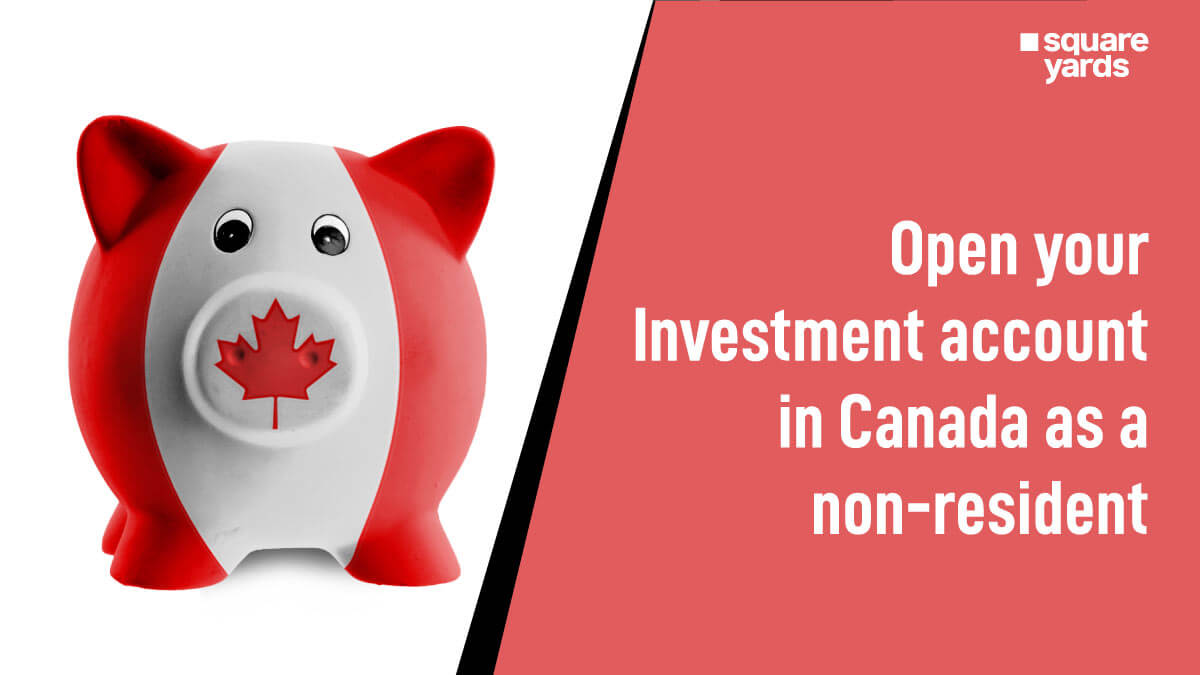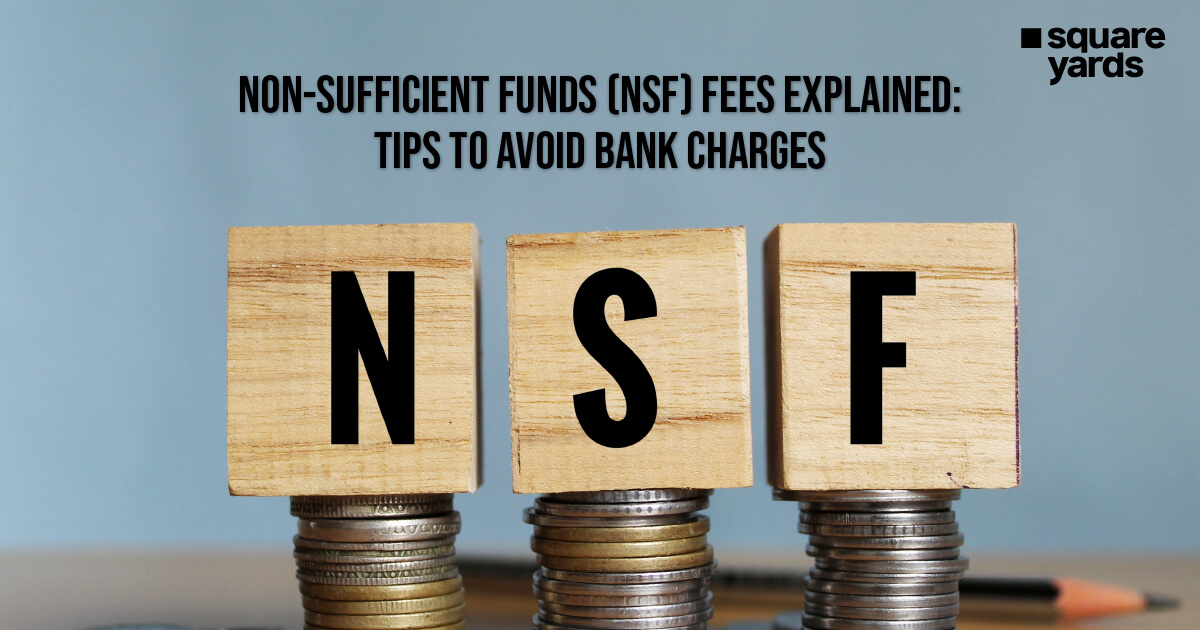Saving money is essential, but it’s just one aspect of the equation. Smart savers begin by accumulating enough savings in a savings account or investing in a money market account. However, after three to six months of easy-access savings, Financial investment in Canada markets offers numerous potential benefits. Investing is an excellent method to put your money to work and potentially grow your wealth. Wise investing may enable your money to out do inflation and increase in value. A non-resident of Canada with a valid SIN (Social Insurance Number) who is18 years of age is also eligible to open a Tax Free Savings Account.
Impact On Your Investments as a Canadian Non-Resident
As a Canadian resident, you must pay Canada income tax and report your foreign interests to the Canada Revenue Agency. You are not subjected to Canada income tax if you are a non-resident. The most crucial factor in determining residency is one’s residential connections. Canada Revenue Agency considers the following three “significant” residential links to being a resident :
-
- Having a residence in Canada
- Having a Canadian spouse or common-law partner
- Having dependents in Canada, such as children
Other connections that could be relevant include :
-
- Driver’s licence from Canada
- Credit cards or bank accounts in Canada
- Hospitalisation and medical insurance coverage from a Canadian province or territory
Where Can a Canadian Non-Resident Invest?
Non-residents who invest in Canadian mutual funds may be subject to a non-resident Canada tax. Non-residents must be Canadian citizens, have a minimum investment of CAD 25,000, and have a bank account in Canada.
The availability differs by country Investment banks do not open accounts for residents of the following jurisdictions:
-
- If situated within the European Economic Area.
- High-risk jurisdictions identified by the Financial Action Task Force and subject to a call for action.
- Subject to the Government of Canada’s sanctions
So long as your country of residence does not fall into one of those three categories, you can opt for Tax-Free Savings Account and the Registered Retirement Savings Plan as suitable. Some banks have international account opening teams that can assist you in opening an investment account even if you are a Canadian non-resident.
-
Royal Bank of Canada

Account opening requirements include two forms of valid ID with a photo. You will need to provide residential proof, such as a voter’s card or a utility bill.
-
Scotia Bank

If you are a non-resident, you must provide a reference letter or a current account statement from a known bank.
-
Montreal Bank

You must bring one piece of government-issued photo identification. The identification must have a photo and be issued by a government agency, including the federal government.
Comparison Between RRSPs and TFSAs

Registered Retirement Savings Plans are generally suited for high-income individuals who want to save for retirement, their first home, or to further sponsor their education for their higher education. Meanwhile, Tax-Free Savings Accounts benefit lower-income earners and those looking to save for short-term intent.
The primary distinction between RRSP and TFSA accounts is the tax implications. When you contribute to an RRSP, you receive a tax deduction; however, when you withdraw the funds, you must pay tax. TFSAs do not provide an immediate tax break, but you do not have to pay taxes on withdrawals, including growth.
As a result, returns in both accounts are tax-free, allowing you to reach your savings goals faster than with a simple savings account. You can also carry forward unused contribution rooms in both accounts.
Are There Any Tax Implications For Non-Resident Canadians?

Here, let’s look at the tax implications of owning two standard savings accounts after becoming a non-resident of Canada: the TFSA and the RRSP.
Taxpayers who leave Canada may continue to contribute to their TFSA. There are two essential alternatives when considering contributing as a non-resident.
Contribution Room : The total annual contribution room for a taxpayer’s TFSA is not calculated in the year of emigration. The taxpayer will exhaust all contribution space in the tax year they emigrated. Unless the taxpayer becomes a Canadian tax resident again, the year they depart will be the final year they have access to the TFSA contribution room. Non-residents must be cautious not to over-contribute to their TFSA since they do not have a contribution room.
Non-resident contribution penalty : After emigrating, if they contribute to their TFSA, it will be assessed at a 1% monthly penalty on their contributions until the TFSA is closed or the taxpayer returns to Canada. They may be able to successfully appeal these imposed fines in certain instances.
Withdrawing from Investments While Abroad

As a non-resident of Canada for income tax purposes :
-
- You will not be taxed in Canada on any earnings or withdrawals after keeping your TFSA.
- There will be no TFSA contribution room for any year you are a non-resident of Canada.
- Any withdrawals made during your non-resident status will be added back to your contribution room the following year, but only if you re-establish your Canadian residency status for tax purposes.
You can generally withdraw the amount from your account depending on the type of investment you chose. Withdrawing funds does not affect your total contributions for the year. Non-residents of Canada must pay retaining tax on RRSP withdrawals. The amount of the withholding tax is decided by whether or not the taxpayer’s home country and Canada have a tax treaty. If the taxpayer moves to a nation that has a tax treaty with Canada but does not define “pensions,” the Income Tax Conventions Interpretations Act broadens the concept of pensions to include RRSPs. Under tax treaties, periodic pension payments can be taxed differently than lump sum payments. Unless the treaty indicates otherwise, payments paid before the RRSP’s maturity date or total or partial commutation payments are not considered monthly pension payments. Also, the withdrawals can be taxed by the taxpayer’s new country of residence.
Things to Bear in Mind When Opening an Investment Account as a Non-Resident

-
- If you’re a non-resident of Canada, you’re not subject to pay taxes to the country.
- To invest in Mutual Funds, TFSA, or RRSPs, follow the investment instructions provided above.
- As a non-resident, investing in Tax Free Savings Account is a much safer and convenient option for you.
- While planning to withdraw, you can easily withdraw the amount from your account depending on the type of investment you chose.
- If you’re residing in a country which has a tax treaty signed with Canada, then you’re supposed to pay the taxes to that country instead of Canada.
- Keep yourself updated with every policy, obligations formed/published in Canada for newer updates.
You May Also Read :
| Banking In Canada | Guide to Manage Banking in Canada |
| student bank account in Canada | Steps To Open Student Bank Account in Canada |
| speculation and vacancy tax | All About speculation and vacancy tax |
| Real Estate Investment | Real Estate is Better or Crypto-Currency |
Frequently Asked Question (FAQs)
Who is eligible to open an investment account in Canada?
Can a non-resident invest in Canadian mutual funds?
Non-resident Canadians cannot purchase new Canadian mutual funds, but they can continue to hold existing mutual funds.
Is it mandatory for me to file a Canadian tax return?
No, if you file a Canadian income tax return, you will be eligible for a refund of the tax deducted, but it is optional.
Can I be a tax resident in more than one country?
A person is a resident of a country whose Income Tax laws require them to pay tax. However, because people can be tax residents of more than one country, this can be quite confusing at times. As a result, they may be required to pay income tax under the domestic tax laws of both countries.
Who is considered a Canadian resident?
An individuals who spent 183 days or more in Canada each year or are employed by the Government of Canada will be considered as a Canadian resident.











